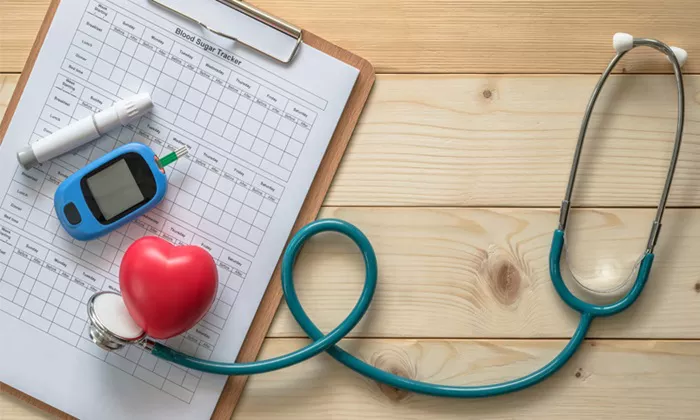A recent study by Northwestern Medicine highlights a concerning link between food insecurity and heart disease, suggesting that young adults struggling to afford food today may be at a significantly higher risk of developing cardiovascular issues in the future. The research found that individuals experiencing food insecurity in their 30s and 40s have a 41% greater risk of developing heart disease in midlife, even when accounting for various demographic and socioeconomic factors.
Food insecurity, which refers to the inability to access sufficient nutritious food for a healthy life, impacts approximately one in eight households in the U.S. each year. While previous studies have explored the connection between food insecurity and heart disease, this is the first study to confirm that food insecurity itself significantly contributes to the development of cardiovascular problems.
“Addressing food insecurity early may help reduce the burden of heart disease later,” said Dr. Jenny Jia, an instructor of general internal medicine and preventive medicine at Northwestern University Feinberg School of Medicine and an internist at Northwestern Medicine. “This study is a wake-up call, showing that food insecurity is not just an immediate concern but a long-term health risk.”
The study, published on March 12 in JAMA Cardiology, used data from the long-running Coronary Artery Risk Development in Young Adults (CARDIA) study, which has tracked Black and white U.S. adults since the 1980s. Researchers analyzed responses from 3,616 participants who reported food insecurity during the 2000-2001 period, when they were in their early 30s to mid-40s, and followed their health outcomes over the next two decades.
Results showed that 11% of food-insecure individuals developed heart disease over the course of the study, compared to just 6% of those with adequate access to food. The findings underscore the direct link between food insecurity and heart disease, challenging previous assumptions that heart disease might worsen food insecurity due to the high costs of medical care.
“For years, there was debate over whether food insecurity causes heart disease or whether the two are interconnected in a cyclical manner,” said Jia. “Our study definitively shows that food insecurity on its own significantly raises the risk of cardiovascular disease.”
At the start of the study, participants with food insecurity were more likely to identify as Black and had lower educational attainment compared to those who were food-secure. These factors further emphasize the intersection between socioeconomic disparities and health outcomes.
The study’s findings also stress the importance of healthcare providers being vigilant about screening for food insecurity. Jia emphasized the role of primary care providers, including internists, pediatricians, and family doctors, in identifying food insecurity and connecting patients with vital community resources. She also suggested expanding screenings to emergency rooms and specialties like cardiology, with screenings potentially conducted by nurses or even patients themselves.
“The more we screen for food insecurity, the better,” Jia said. “The next step is developing effective strategies to support those who are identified as food-insecure. Should healthcare systems create their own intervention programs, or should we rely on social workers to connect patients to community programs? These are important questions moving forward.”
Jia and her team plan to continue following the study participants to better understand the long-term effects of food insecurity. As these individuals approach 80, researchers aim to revisit the study to examine how the relationship between food insecurity and heart disease evolves over time.
The CARDIA study, which was funded by the U.S. National Heart, Lung, and Blood Institute (NHLBI) in collaboration with multiple institutions, continues to serve as a valuable resource for understanding the broader health implications of food insecurity.
Related topic:
Stress and Diet Linked to Pancreatic Cancer Development
Poor Sleep Linked to Brain Health Issues in Older Adults, Study Finds
Reproductive Justice Boosts Mental Health in Black Birthing Patients


